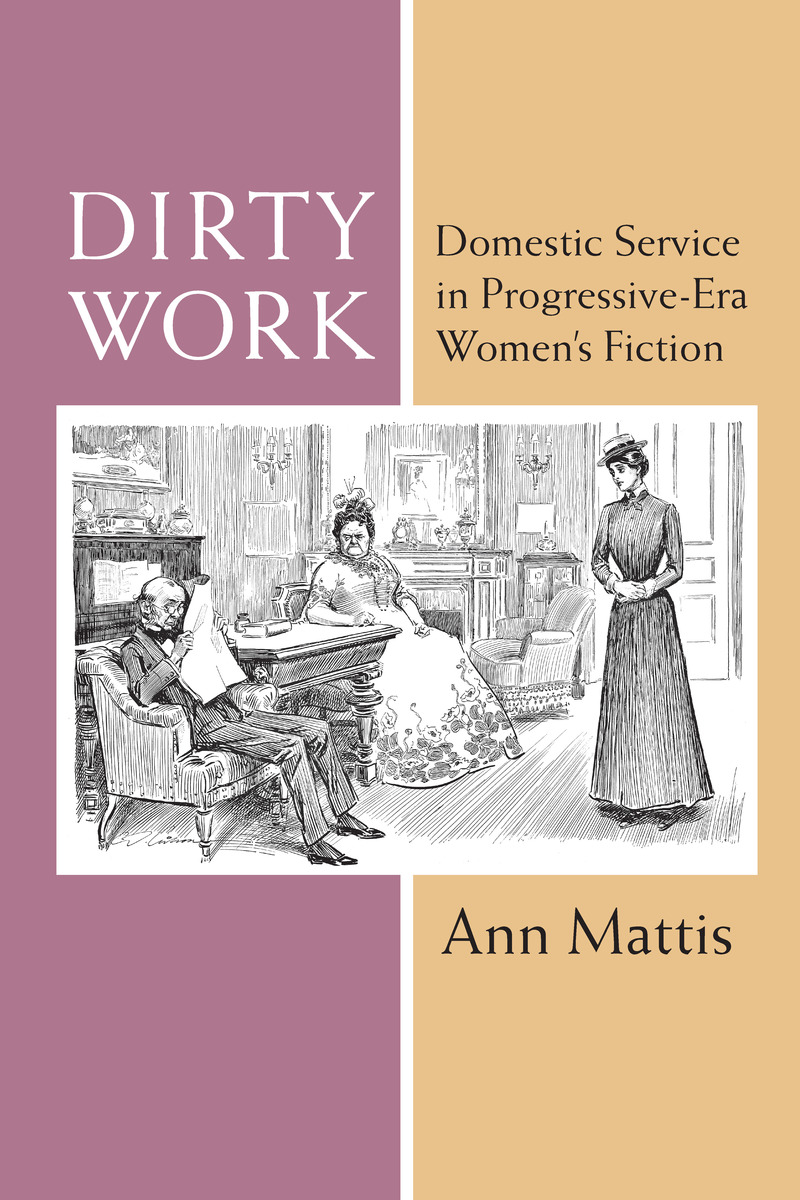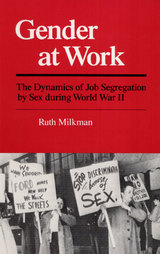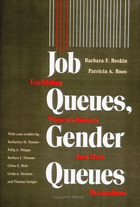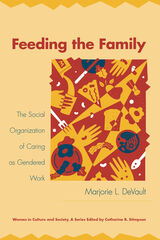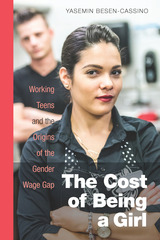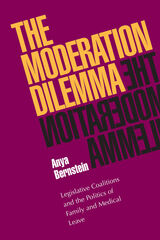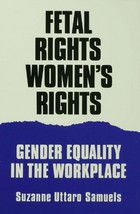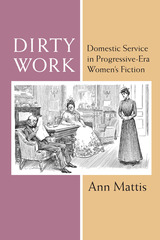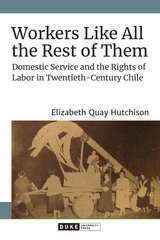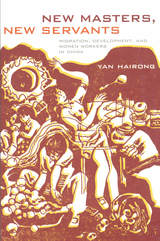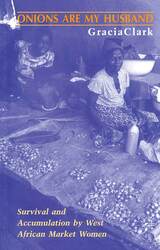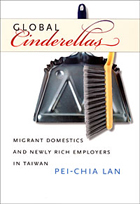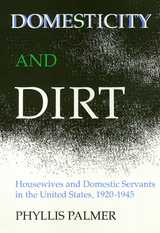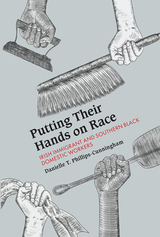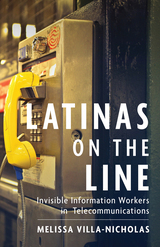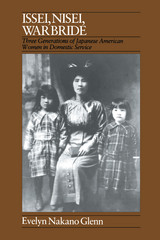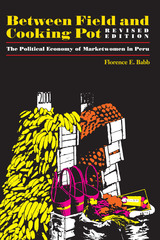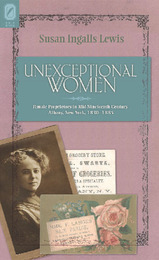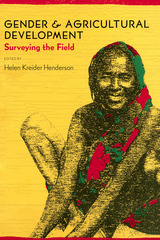Dirty Work: Domestic Service in Progressive-Era Women’s Fiction
University of Michigan Press, 2019
Cloth: 978-0-472-13129-7 | eISBN: 978-0-472-12507-4
Library of Congress Classification HD6072.2.A-Z.U(U.S.).x
Dewey Decimal Classification 331.48640973
Cloth: 978-0-472-13129-7 | eISBN: 978-0-472-12507-4
Library of Congress Classification HD6072.2.A-Z.U(U.S.).x
Dewey Decimal Classification 331.48640973
ABOUT THIS BOOK | AUTHOR BIOGRAPHY | REVIEWS | TOC | REQUEST ACCESSIBLE FILE
ABOUT THIS BOOK
Dirty Work sheds light on the complex relationships between women employers and their household help in the early twentieth century through their representations in literature, including women’s magazines, conduct manuals, and particularly female-authored fiction. Domestic service brought together women from different classes, races, and ethnicities, and with it, a degree of social anxiety as upwardly mobile young women struggled to construct their identities in a changing world. The book focuses on the works of Charlotte Perkins Gilman, Edith Wharton, Gertrude Stein, Nella Larsen, Jessie Fauset, Anzia Yezierska, and Fannie Hurst and their various depictions of the maid/mistress relationship, revealing “a feminized and racialized brand of class hegemony.” Modern servants became configured as racial, hygienic, and social threats to the emergent ideal of the nuclear family, and played critical rhetorical roles in first-wave feminism and the New Negro movements. Ann Mattis reveals how U.S. domestic service was the political unconscious of cultural narratives that attempted to define modern domesticity and progressive femininity in monolithic terms.
See other books on: Americas (North, Central, South, West Indies) | Domestic Service | Mattis, Ann | Progressivism in literature | Women household employees
See other titles from University of Michigan Press
